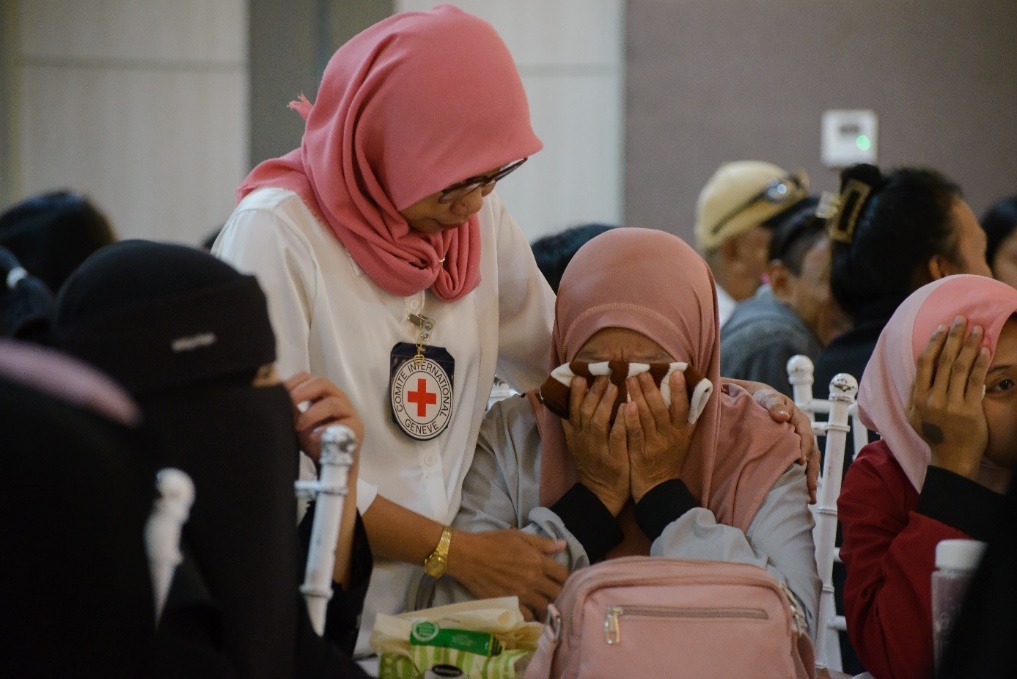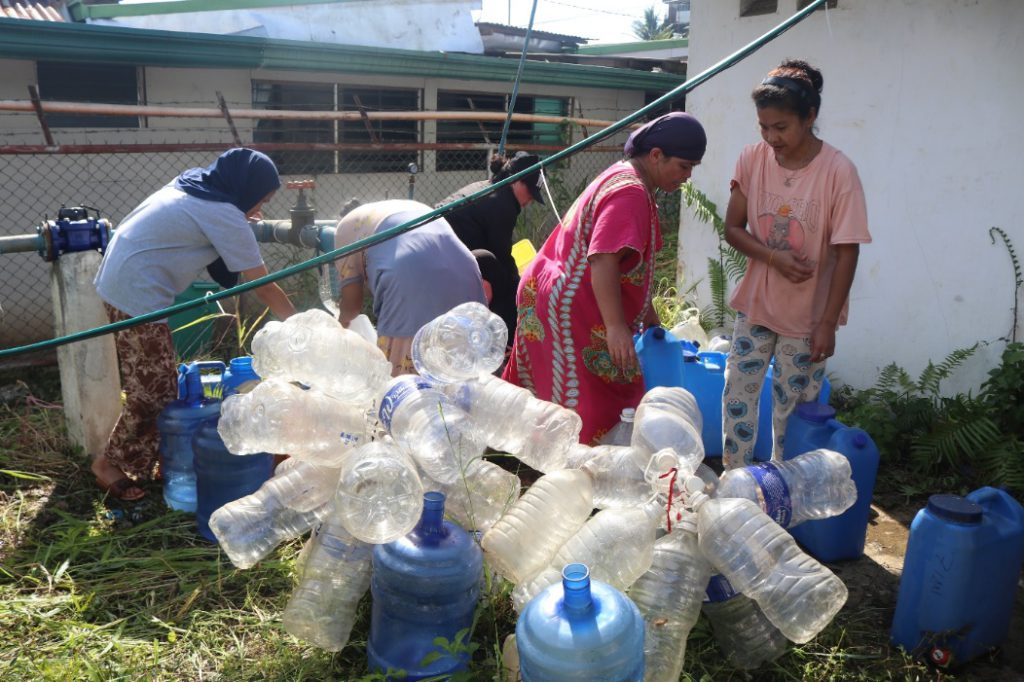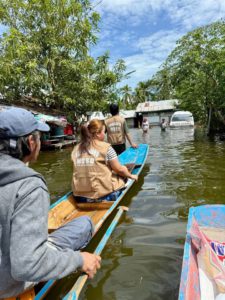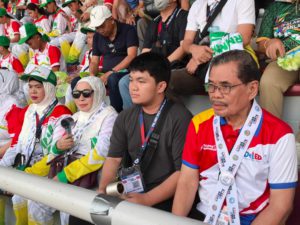
Eight Years Since the Marawi Conflict: Unresolved Issues of Displacement and Missing Persons Hindering Lasting Peace

COTABATO CITY (May 23, 2025) — The quest for lasting peace in Marawi City, located in southern Philippines, remains fragile due to unresolved issues such as prolonged displacement, limited support, and the lack of information for families with missing loved ones, even eight years after the conflict.
Johannes Bruwer, head of the Manila delegation of the International Committee of the Red Cross (ICRC) said that around 8,200 people—living in inadequate conditions in shelters that were meant to be temporary. They are now paying rent while having irregular access to clean water, placing immense strain on their daily lives.
Despite significant efforts from the Philippine government, including the construction of public infrastructure in the most affected areas and the establishment of the Marawi Compensation Board, many families still find rebuilding their homes to be a distant dream. Some claim that the compensation they received is insufficient, while others struggle with the documentation required to receive their payouts.
The ICRC continues to urge national, regional, and local governments—especially newly elected officials—to collaborate and expedite the rebuilding of the most affected areas, while ensuring that basic services are provided to those living in transitional shelters.
The ICRC has been assisting the people of Marawi in accessing clean water, particularly in certain parts of the least affected areas, where water is now available around the clock. The organization looks forward to government agencies completing the remaining pipelines in Marawi’s water supply network.
Over 300 Registered Cases of Missing Persons Remain Open
Since 2017, the ICRC has advocated for those whose lives were disrupted by the Marawi conflict, including the families of missing individuals. These families continue to endure the anguish and uncertainty of not knowing the fate and whereabouts of their loved ones.
The obligation to prevent individuals from going missing and to account for those reported missing is enshrined in the Geneva Conventions and its Additional Protocols, to which the Philippines is a signatory.
In addition to the emotional burden, families have repeatedly raised concerns about the difficulties in obtaining legal documents certifying the absence or presumed death of missing individuals. If the government addresses this persistent and systemic issue, families will be able to access social benefits, pensions, and property rights.
From 2017 to 2024, the ICRC has assisted over 400 families of missing persons by providing mental health and psychosocial support, as well as through livelihood initiatives. The ICRC has also supported the Philippine National Police’s Forensic Group with technical advice, capacity-building, and material assistance for identifying remains in the Maqbara and Dalipuga cemeteries.
“We urge the Philippine authorities to provide answers as soon as possible to the families who have been patiently waiting. The authorities need to take the necessary steps to clarify the fate and whereabouts of the missing, as well as identify the remains that have been found. By doing so, the government will help the families move toward healing and trust-building,” Bruwer stated. (PR, BMN/BangsamoroToday)

